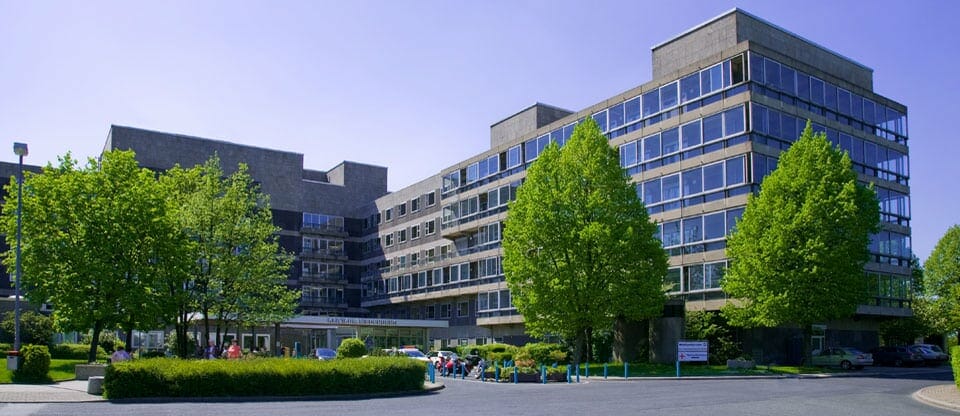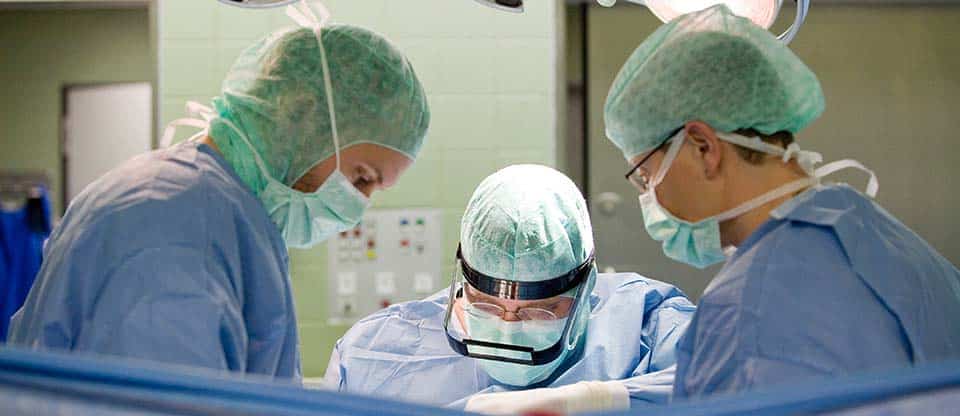Diagnosis of kidney diseases
- blood sampling from a vein for analysis, general laboratory analysis of urine (middle portion), as well as daily urine
- a thorough examination of the patient, including ultrasound and color Doppler (color computerized echography) of the kidneys and renal arteries renal biopsy (tissue removal from the body and their subsequent microscopic examination)
- If the examination reveals impaired renal function, but drug treatment is contraindicated, then in a conversation with a nephrologist, the precautionary measures that must be strictly observed by the patient are discussed in detail to ensure the gentle functioning of the affected kidneys
Treatment of diseases
- Acute kidney failure - sudden cessation of kidney function
- Chronic renal failure
- Glomerulonephritis
- Pyelonephritis
- Hematuria (blood in the urine)
- Stones in the kidneys
- Kidney cancer is basically a cell carcinoma of the kidney.
- Chronic or recurring urinary tract infections
The Nephrology Center successfully operates a specialized department for the treatment of a number of diseases of other organs and systems, directly or indirectly related to kidney diseases. For example: a sharp drop in hearing, impaired fat metabolism, neurological and systemic diseases.
kidney transplant
The Nephrology Center closely cooperates with the Transplant Centers in Düsseldorf and Essen, where kidney transplantation is performed, and with the Transplant Center in Bochum, where combined pancreas/kidney transplantation is performed. The range of services of the Center starts from the initial diagnosis and ends with dispensary observation after transplantation.
Specific Extracorporeal Renal Dialysis Methods
- hereditary increase in blood cholesterol levels
- marked increase in blood cholesterol levels
Immune adsorption in the treatment of a number of systemic and autoimmune diseases, for example:
- systemic lupus erythematosus
- Wegener's granulomatosis
- rheumatoid arthritis
Plasmapheresis in the treatment of Guillaume-Barré syndrome.
Dialysis
- Hemodialysis (a method of extracorporeal (using the "artificial kidney") purification of the blood from toxic substances accumulated during uremia by diffusion through the semi-permeable membrane of the dialyzer)
- Peritoneal dialysis (the patient performs independently or with the help of relatives at home, regardless of the "artificial kidney" machine)
Both methods are carried out on an outpatient and inpatient basis. The Consultative Specialist Center in Mettmann, whose main focus and specialization is diabetes mellitus and kidney disease, provides consultations and treatment for patients with diabetes:
- Advice on proper nutrition for patients with diabetes mellitus; information about kidney disease, diabetes; physical exercise; the need for careful monitoring of blood pressure in the presence of hypertension in a patient, etc.
- Providing specialized care for the diagnosis of "diabetic foot"
- Primary appointment of the required optimal dose of insulin on an outpatient basis
- Assistance in the practical mastery of calculating the correct, therapeutically effective dose of insulin
- Treatment of type 1 diabetes
- Diabetes during pregnancy (gestational diabetes)
- High blood pressure and diabetes
- Hypoglycemia (low blood glucose)
- Diabetic retinopathy (damage to the retina)
- diabetic nephropathy
- Consultations of specialists on teaching the principles of proper nutrition to patients on hemodialysis (artificial kidney)
- MEDIAS is an education and treatment program for middle-aged patients with
type 2 diabetes mellitus without insulin treatment - Insulin depot (pump)
Video
Request appointment
Useful links















